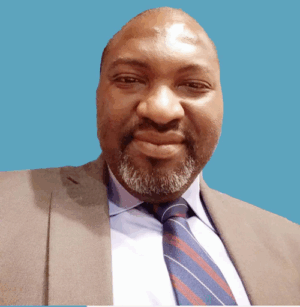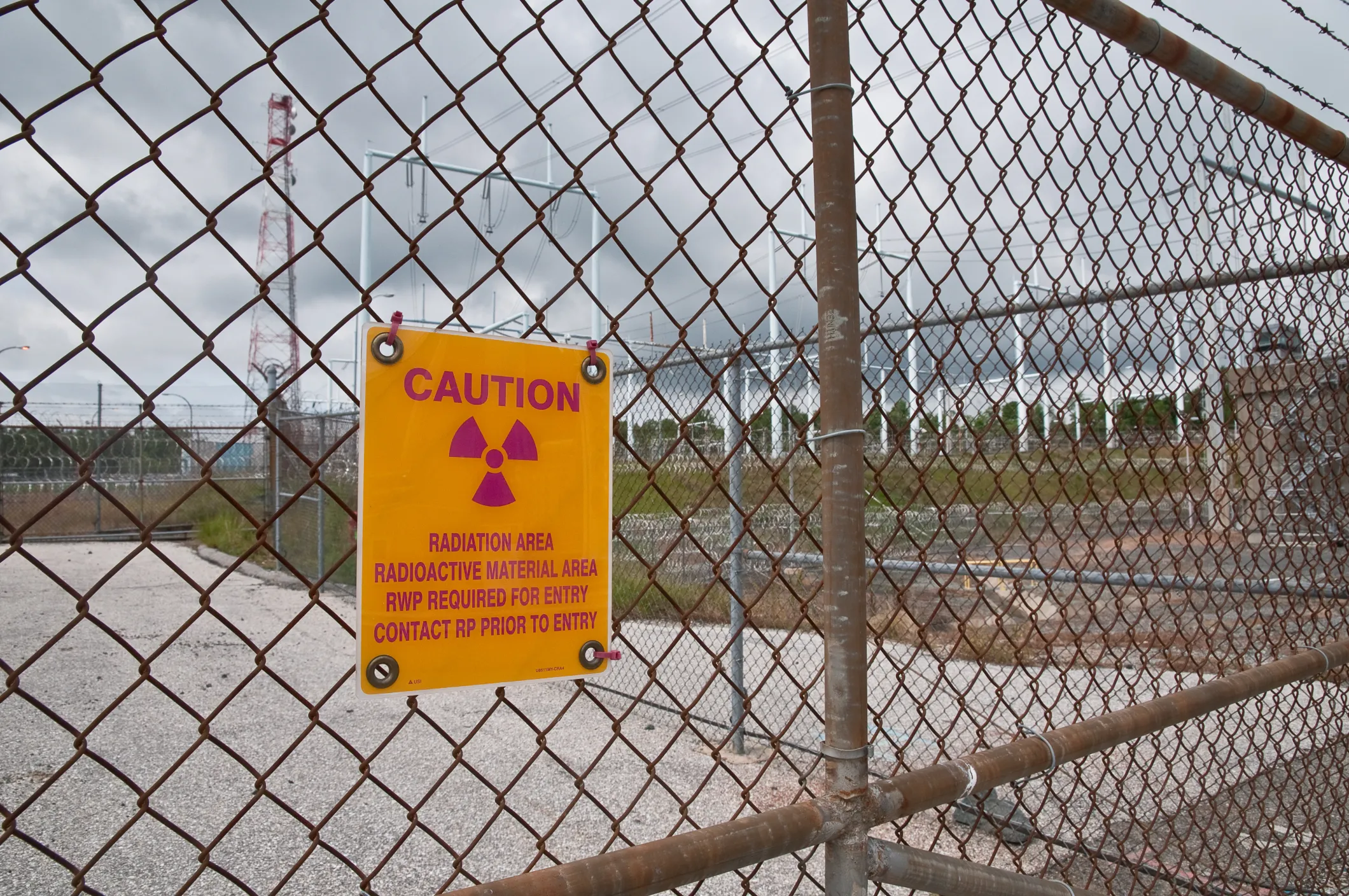
The IAEA signals approval for Ghana’s process to choose a site for a nuclear power station, but a feasible industry will be years away. Ghana’s dreams of generating nuclear energy have taken a step closer to becoming a reality after the International Atomic Energy Agency (IAEA) completed a mission to review the country’s process for […]

Hubert K. Foy discusses Ghana’s nuclear energy strategy, highlighting the IAEA’s endorsement of the site selection process, the next regulatory, financial, and infrastructure steps, and realistic integration timelines. He emphasizes the importance of scaling nuclear power to meet climate goals, noting limited global deployment and the need for stronger industry and government commitment to advance nuclear energy as a credible climate solution.

Introduction Humanity’s wars have seen a slew of instances in which installations containing dangerous forces, such as dams and dykes, became the target of military operations, and such installations were particularly damaged during the twentieth-century wars. To thwart the advance of Japanese troops, Chinese authorities blew up dams on the Yellow River in 1938. Later, […]
Ghana’s emerging nuclear power programme is the culmination of nearly 60 years of socioeconomic and political developments under successive governments since independence in 1957. Summary: Ghana has recently revived a decades-old aspiration to establish a nuclear power programme and use nuclear power to drive economic transformation and development. The country’s current power generation capacity cannot […]
The US Department of Energy has approved a cost-share award of more than USD1 billion for the construction of the first NuScale small modular reactor power plant in the USA. Meanwhile, the US International Development Finance Corporation has signed a Letter of Intent to support NuScale in the development of nuclear-generating capacity in South Africa.
Nuclear energy can play a central role in post-COVID recovery efforts by boosting economic growth in the short-term, whilst also supporting, in a cost-effective manner, the development of a low-carbon, resilient and affordable electricity infrastructure. Investments into nuclear energy will also strengthen energy security, and can contribute to the production of heat and hydrogen to […]
What Happened: The Egyptian Prime Minister Mostafa Madbouli remarked during the opening session of the fifth Arab Forum on the Prospects of Nuclear Power for Electricity Generation and Seawater Desalination, that nuclear energy is one of the strategic options in his country’s energy mix necessary to achieve the 2030 Agenda for Sustainable Development adopted by […]
What Happened: The Senate of Nigeria passed a resolution that called on the government, under President Buhari, to consider including nuclear power in the country’s energy mix. On November 21, World Nuclear News reported that the Senate asked the government to give the Nigerian Atomic Energy Commission a mandate for talks with nuclear reactor vendors […]
The South African government has gazetted its new long-term energy plan, which includes new provisions for smaller nuclear plants. The 100-page 2019 Integrated Resource Plan (IRP) is the state’s official blueprint for future energy generation, including projected electricity demand, cost estimates, and the sources used to generate power. The IRP first came into effect in […]
Speaking to African heads of state and representatives from Russian, African, and international business and government agencies, Rosatom Director-General Alexey Likhachov yesterday emphasized the benefits of nuclear energy in job creation and regional economic development. At the Russia-Africa Summit in Sochi, Russia, Likhachov said global inequality in technological, industrial and socio-economic development was “acutely felt” […]
